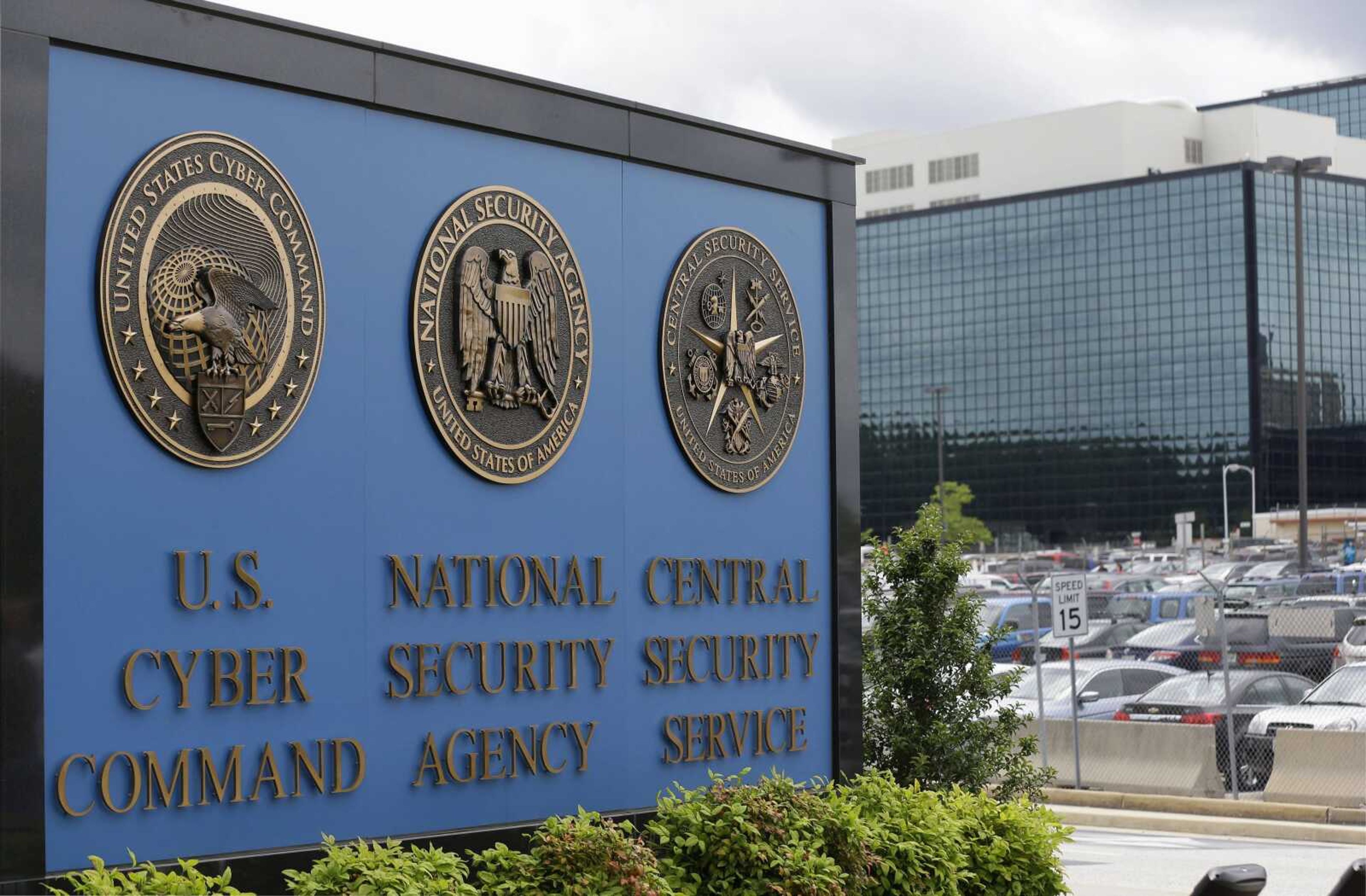Panel urges limits on NSA snooping
WASHINGTON -- A presidential advisory panel has recommended sweeping limits on the government's surveillance programs, including requiring a court to sign off on individual searches of phone records and stripping the National Security Agency of its ability to store that data from Americans...
WASHINGTON -- A presidential advisory panel has recommended sweeping limits on the government's surveillance programs, including requiring a court to sign off on individual searches of phone records and stripping the National Security Agency of its ability to store that data from Americans.
It was unclear how the changes, if enacted, would affect the scope of the vast government surveillance programs. While President Barack Obama ordered the review board to submit recommendations following government spying disclosures earlier this year, he is under no obligation to accept the proposals.
The White House authorized the release of the review group's report Wednesday, weeks ahead of schedule. The president was also conducting an internal review of the government's surveillance programs and planned to announce his decisions in January.
The review board's proposals address the government's ability to collect intelligence both in the United States and overseas.
The recommendations include tightening federal law enforcement's use of so-called national security letters, which give the government sweeping authority to demand financial and phone records without prior court approval in national security cases. The task force recommended that authorities should be required to obtain a prior "judicial finding" showing "reasonable grounds" that the information sought is relevant to terrorism or other intelligence activities.
In addition, the panel proposed terminating the NSA's ability to store telephone data and instead require it to be held by the phone companies or a third party. Access to the data would then be permitted only through an order from a Foreign Intelligence Surveillance Court.
The panel called for more independent review of what the NSA collects and the process by which it goes about gathering data.
Amid an international furor over NSA spying on the leaders of allied nations such as Germany, the review group recommended that the president personally approve all sensitive methods used by the intelligence community. It said the process should identify both when surveillance of foreign leaders should be used and when it should be limited.
Among the considerations in deciding whether to spy on allies, the report said, is whether the United States shares "fundamental values and interests" with the leaders of those nations.
"Just because we can doesn't mean we should," said Richard A. Clarke, who served on the five-member panel.
Connect with the Southeast Missourian Newsroom:
For corrections to this story or other insights for the editor, click here. To submit a letter to the editor, click here. To learn about the Southeast Missourian’s AI Policy, click here.










